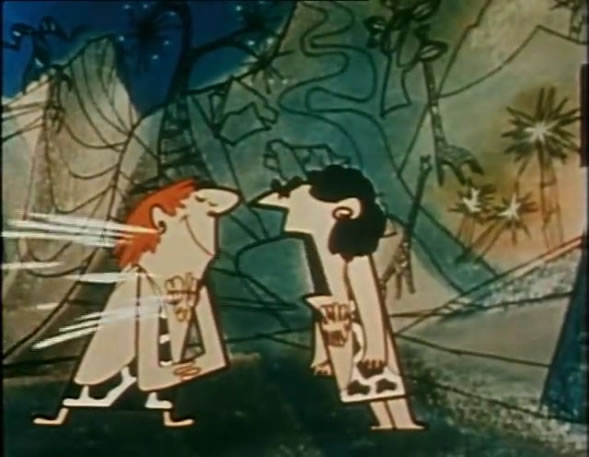

The worldwide propaganda surrounding the nuclear arms race is scrutinised.
“By using reassuring, even soothing, language, language which allowed both the politicians and us to distance ourselves from the horror or nuclear war, this new kind of propaganda created acceptable images of war and the illusion that we could live securely with nuclear weapons.”
The Truth Game caused more controversy than any of John Pilger’s films before or since. Scheduled in a 90-minute slot on ITV, it was withdrawn on the insistence of the IBA 19 days before transmission. The channel’s regulator insisted a “complementary” documentary must be made, extending its remit not just to ensure “balance” across the schedule but, for the first time, to do so after the production of a programme but before its transmission.
Propaganda has underpinned the policy of nuclear deterrence followed by successive British governments, says Pilger, with reassuring language used to distance the public from the horrors of nuclear war ever since the bombings of Hiroshima and Nagasaki, and he presents a catalogue of “official” and “unofficial” truths – propaganda compared with reality.
While Western governments claim the deterrent has “given us a generation of peace”, 36 countries now have the bomb or the capacity to build it and war between the superpowers has never been closer.
Australian journalist Wilfred Burchett tells how he found victims of the Hiroshima bombing in hospitals dying of the after-effects and revealed in the Daily Express the insidious effects of radiation. Public relations officers kept other correspondents away from them and Burchett’s shocking story was officially denied. Pilger explains the “unofficial truth” that the bombing was an experiment, whereas the “official truth” was that it was dropped to end the war.
Although the Royal Institute of International Affairs, in London, asserts that the Soviet Union has more nuclear weapons than the West, it concedes that the United States has more warheads – and Pilger unearths evidence that the West actually does have more weapons numerically. Tank numbers in Eastern Europe, he discovers, might be greater, but this is a “half-truth” because they are much older and less efficient.
Standing next to a map lit up by small bulbs, Pilger clearly enjoys playing “Find the Missing Bases”. He recalls how persistent questioning of the Conservative government had seen the number of American bases on British soil rise from 12 admitted in June 1980 to 103. The stationing of Cruise missiles in Britain was opposed by a clear majority of the population, he adds.
“ln spite of our own insidious propaganda and secrecy, we live in a democracy and the Russian people do not,” Pilger concludes. “Surely, then, it is we who can and should take the initiative. Nuclear weapons were never an act of God. Nothing is inevitable.”
To comply with the IBA’s insistence on a “complementary” documentary being made, The War About Peace, presented by Max Hastings and broadly supporting the policy of nuclear deterrence, was screened two months later.
The Truth Game (Central Independent Television), ITV, 28 February 1983
Producer-director: David Munro (80 mins)


